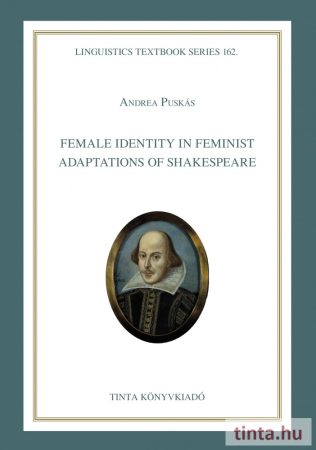- Nuovi arrivi
- Prodotto in bundle
- TINTA heti könyvakció
- Reprezentatív ajándékok karácsonyra
- Hasznos karácsonyi könyvajándék gyerekeknek
- Tartalmas karácsonyi könyvajándék felnőtteknek
- Karácsonyra könyvek nagymamának, nagyapának
- 2026. évi naptár
- Idézetek, szállóigék, bölcsességek
- Szólások, közmondások
- Felvételizőknek
- A magyar nyelv kézikönyvei
- A magyar nyomtatott örökség feltárása
- Anyanyelvi felmérők
- Anyanyelvi kompetenciafejlesztő munkafüzetek
- Az ékesszólás kiskönyvtára
- Bibliotheca Regulyana
- Diszlexia, diszkalkulia
- Életrajz
- Híd szótárak
- Iránytű sorozat
- Ismeretterjesztő
- Kétnyelvű könyvek nyelvtanuláshoz
- Kifestőkönyvek, színezők
- Kommunikáció
- Lexikográfiai füzetek
- Lexikon, enciklopédia
- Mesekönyv
- Mesterművek
- Modern Nyelvoktatás
- Naptár, notesz
- Notesz
- Növény- és állatnevek
- Nyelvészet
- Nyelvi játékok, fejtörők
- Nyelvtani munkafüzetek az 5-12. évfolyam részére
- Nyelvtanulás
- Segédkönyvek a nyelvészet tanulmányozásához
- Szépirodalom
- Szótár
- Történelem
- Útleírás
- Vallás
- Vármegye térképek
- Zene
- E-könyv
- Folyóirat
- 2025-ben megjelent könyveink
- 2024-ben megjelent könyveink
- 2023-ban megjelent könyveink
- 2022-ben megjelent könyveink
- 2021-ben megjelent könyveink
- 2020-ban megjelent könyveink
- 2019-ben megjelent könyveink
- 2018-ban megjelent könyveink
Female Identity in Feminist Adaptations of Shakespeare
-
Szerző Andrea PuskásSorozatszám 162Oldalszám 136Kötés típusa puhafedelesFormátum B/5Numero articolo 9786155219740Peso 192 g/db
-
Female Identity in Feminist Adaptations of Shakespeare investigates female identity in three particular feminist adaptations of Shakespeare: Ophelia by Bryony Lavery, Lear’s Daughters by the Women’s Theatre Group and Elaine Feinstein, and Desdemona: A Play About a Handkerchief, written by Paula Vogel. It outlines the basic standpoints on adaptation, feminism, female identity and feminist Shakespeare criticism. Feminist adaptations of Shakespeare are deeply rooted in and linked with feminist interpretations of Shakespeare and female identity in feminist adaptations is depicted as a social construct made up of a range of elements. The book examines the characters of feminist plays such as Ophelia, Desdemona or Cordelia, who are shifted into unusual or sometimes even bizarre contexts and are equipped with deeply developed motivation and identity, thus they encourage us to examine old concepts and authorities from a completely different point of view.
PaedDr. Andrea Puskás, PhD. works at the J. Selye University, a Hungarian minority university in Slovakia, Komárno. Currently she is the head of the Department of Modern Philology. She holds a PhD from English literature at the Eötvös Loránd University in Budapest, Hungary. Her main research interests span feminist literary criticism, twentieth-century British drama and twentieth-century Shakespeare interpretations and adaptations.
-
Finding Female Identity Through Shakespeare) - Review
Katedra, 2015/8, 29. o.

